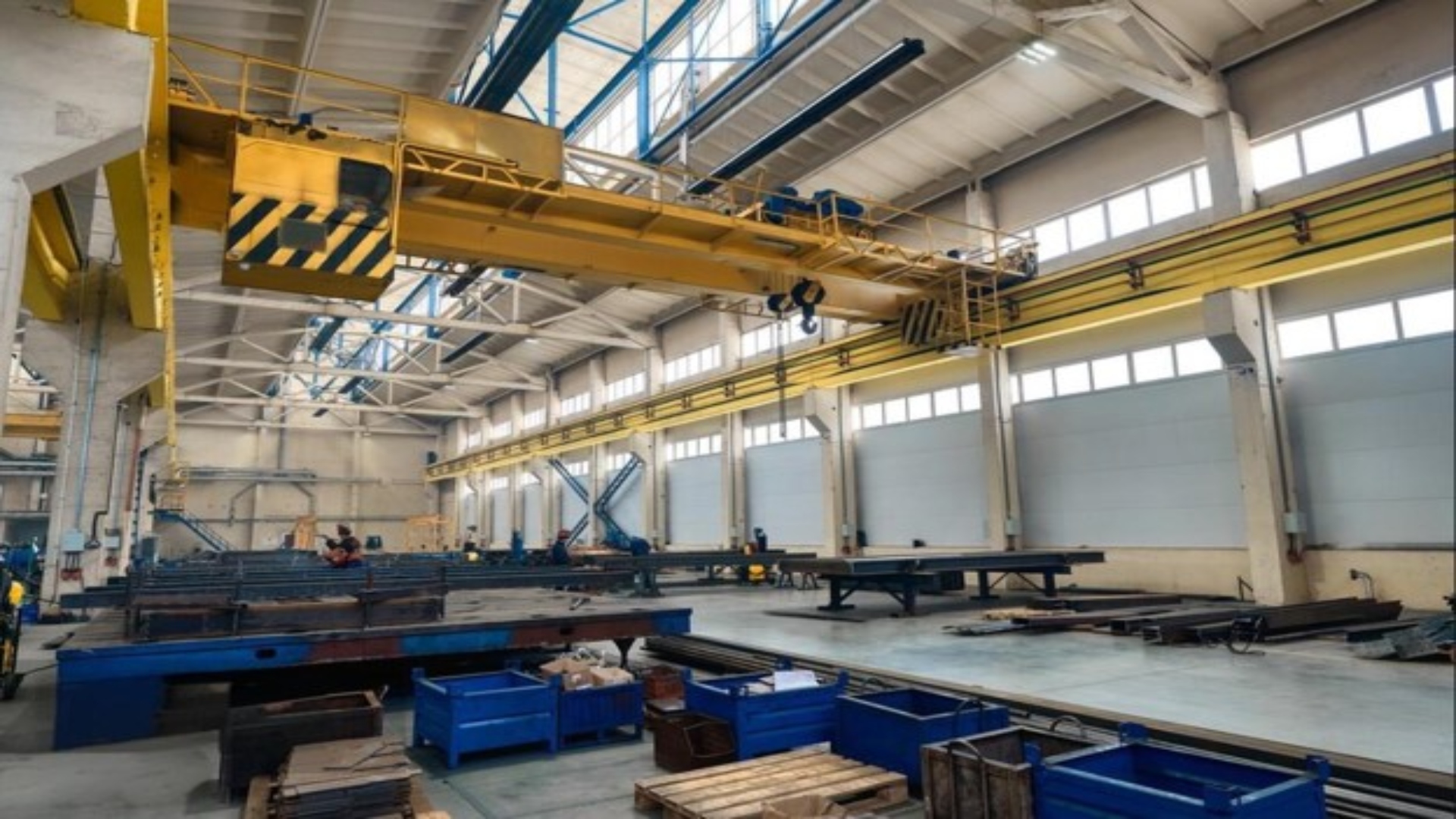In the global machinery industry, companies face increasingly fierce competition and constantly changing market demands. To maintain competitiveness and achieve sustainable development, companies must adopt specific management methods and behaviors. This article will focus on “customer customization services” as the core concept of machinery enterprises’ operations, showcasing how it permeates various aspects and brings success to companies.
In-Depth Understanding of Customer Needs
In today’s market, customer needs are becoming more diverse, and companies must deeply understand specific requirements to provide targeted solutions. Machinery companies can identify the needs of different market segments through market research and close communication with customers. For example, KraussMaffei discovered a growing demand for lightweight and high-performance components in the automotive industry when entering the plastics and rubber processing machinery market. Through in-depth analysis, KraussMaffei customized a series of specialized injection molding machines to meet this specific demand.
The process of understanding customer needs extends beyond initial market research and requires ongoing tracking and analysis. Companies can leverage data analysis tools to extract valuable insights from historical sales data and customer feedback. By establishing customer profiles, companies can better identify target customer groups and accurately grasp changes in their needs. For instance, a machinery manufacturing company analyzed customers’ purchasing history and identified that demand for certain parts significantly increased during specific seasons. This insight allowed them to adjust inventory management and production planning accordingly to ensure they could quickly meet customer needs.
Flexible Product Design and Development
Once customer needs are understood, companies need to flexibly adjust their product design and development processes. By adopting a modular design concept, companies can quickly modify product configurations according to different customer requirements. This flexibility enables companies to launch new products in a shorter time frame while maintaining market competitiveness.
For example, a company specializing in crane production adjusted the functions and configurations of their cranes based on customer feedback and market trend analysis, introducing various models such as cantilever cranes and portable gantry cranes to suit different construction environments and customer needs. This flexible development not only enhances customer satisfaction but also strengthens brand loyalty.
During the product development process, companies should encourage teams to innovate and try new design concepts and technologies. For example, a machinery company incorporated smart technology in developing the next generation of cranes, adding remote monitoring and fault diagnosis features, making equipment usage safer and more efficient. This innovation not only met customers’ expectations for high performance but also established a positive brand image in the market.
Efficient Production and Supply Chain Management
To support customer customization needs, companies also need to optimize production and supply chain management. By introducing advanced production technologies and management systems, companies can achieve efficient production processes. Adopting lean production methods not only reduces waste but also enhances production efficiency.
For instance, a machinery company implemented lean production to quickly adjust production plans based on customer orders. This efficient production capability enables the company to respond swiftly to changing market demands while maintaining reasonable inventory levels and reducing capital occupancy.
At the same time, companies should consider establishing close collaborations with suppliers to ensure timely delivery of raw materials and components. By sharing demand forecasts and production plans with suppliers, companies can better coordinate resources, reduce production cycles, and improve customer satisfaction. Additionally, using information management systems such as ERP can monitor production progress in real time, ensuring efficient collaboration across all departments.
Continuous Customer Communication and Feedback
Continuous customer communication is crucial in providing customized services. Companies should establish effective feedback mechanisms and regularly engage with customers to understand their product usage experiences and improvement suggestions. Such interactions can not only enhance customer satisfaction but also provide valuable market information to the company.
KraussMaffei collects customer feedback through regular follow-ups and surveys, addressing issues raised in the feedback. This customer-centric culture has allowed the company to maintain its competitive advantage in the market. Companies can also interact with customers through social media and online platforms to collect real-time feedback, enabling timely adjustments to service and product strategies.
Employee Training and Team Collaboration
Providing high-quality customer customization services requires a well-qualified team. Companies should focus on employee training and development to enhance their professional skills and service awareness. By establishing cross-departmental collaboration mechanisms, information can flow smoothly between different departments, enabling better fulfillment of customer needs.
Data-Driven Decision Making
Data-driven decision making should also be a core component of mechanical enterprises. With the acceleration of digital transformation, companies can leverage big data and analytical tools to deeply explore market trends, customer preferences, and operational efficiencies.
By collecting and analyzing large amounts of data, enterprises can gain profound insights into customer behavior and needs. For instance, a certain machinery company discovered through data analysis that specific products performed better in certain regions than in others. This information helps them make more targeted marketing investments, ensuring effective resource utilization. Simultaneously, analyzing data from various supply chain segments allows enterprises to more accurately predict demand fluctuations, ensuring a timely supply of raw materials and components while reducing inventory costs.
In terms of employee training and team collaboration, data analysis also plays a crucial role. Companies can utilize employee performance data to identify training needs and create customized training programs, enhancing employees’ professional skills and service awareness. This way, teams are better equipped to understand and meet customer needs, and they can swiftly respond to the complexities of the market.
Conclusion
“Customer customization services” as the core concept of machinery enterprises’ operations permeates all aspects from market research to product development, production management, and customer feedback. By deeply understanding customer needs, flexibly adjusting product design, efficiently managing production and supply chains, maintaining continuous communication, and investing in employee training, companies can not only enhance customer satisfaction but also achieve sustainable development amid fierce market competition. This specific management behavior and method provides a clear direction for machinery enterprises and emphasizes the importance of customer orientation in the modern market environment.






